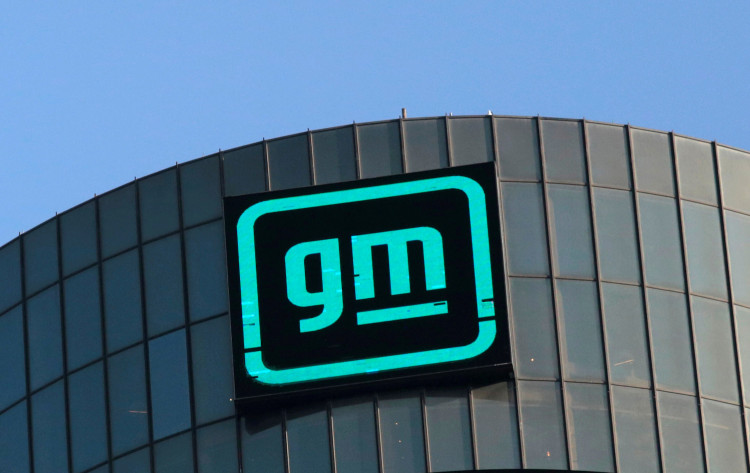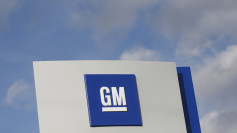General Motors Co. announced Wednesday that it will record over $5 billion in non-cash charges as part of a sweeping restructuring of its operations in China, a market that has transformed from a profit engine into a growing liability for the automaker. The charges, detailed in a federal filing, reflect plant closures, portfolio adjustments, and the reduced value of its joint venture with SAIC Motor Corp.
The announcement underscores GM's mounting challenges in China, once its largest market. Sales at SAIC-GM, the joint venture responsible for Buick, Chevrolet, and Cadillac production, have plummeted 59% in the first 11 months of this year. By comparison, domestic automaker BYD sold over ten times as many vehicles during the same period. GM's market share in China has fallen to 8.6%, its lowest point in two decades.
CEO Mary Barra has been candid about the difficulties facing foreign automakers in China. In July, she warned that the market was becoming unsustainable. "It's a difficult market right now. And frankly, it's unsustainable because the amount of companies losing money there cannot continue indefinitely," Barra said.
The non-cash charges are expected to reduce GM's fourth-quarter net income but will not affect its adjusted earnings before interest and taxes (EBIT), a key financial metric watched by Wall Street. GM's shares fell 2.7% in premarket trading following the announcement.
The restructuring, which includes plant closures and a streamlined product lineup, aims to stabilize GM's position in China by 2025. "We are close to finalizing our restructuring plan with our partner, and we expect our results in China in 2025 to show year-over-year improvement," GM said in a statement. The automaker emphasized that the joint venture would not require new cash investments.
Once a dominant force in China's automotive market, GM has faced relentless pressure from domestic manufacturers and changing consumer preferences. Equity income from its Chinese operations peaked at more than $2 billion annually in 2014 and 2015 but has since dwindled. This year, GM reported three consecutive quarterly losses in China, totaling $347 million, including a $137 million shortfall in the third quarter alone.
Analysts attribute GM's struggles to intense competition from local electric vehicle makers and a generational shift in consumer loyalty. BYD and other domestic brands, often supported by the Chinese government, have eroded the market share of foreign automakers. Rising nationalism and a preference for homegrown technology have compounded the challenges.
GM's plight mirrors the broader struggles of global automakers in China. Volkswagen, which lost its title as the best-selling brand in China to BYD, has sought to deepen ties with local partners to bolster its electric vehicle strategy. Japanese automaker Nissan Motor Co. has also announced job cuts and capacity reductions in the face of declining sales.
For GM, the restructuring in China marks a dramatic shift from its heyday, when the joint venture sold over 2 million vehicles annually at its peak in 2018. Despite the headwinds, the company remains optimistic about its ability to adapt. "As we have consistently said, we are focused on capital efficiency and cost discipline and have been working with SGM to turn around the business in China in order to be sustainable and profitable in the market," the company stated.






